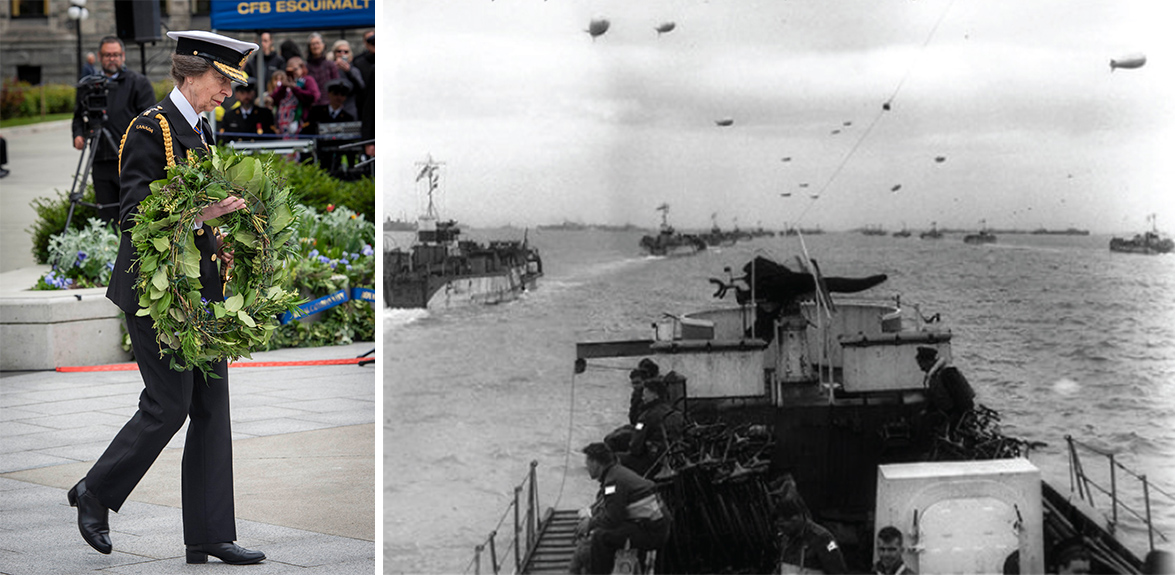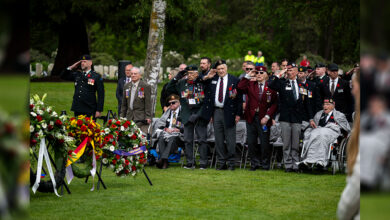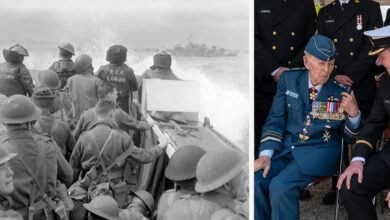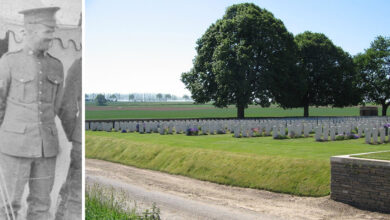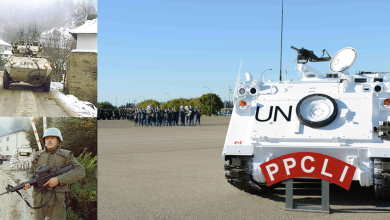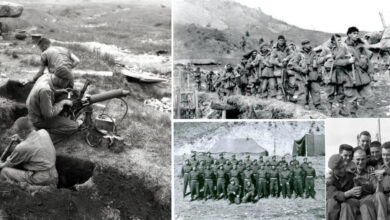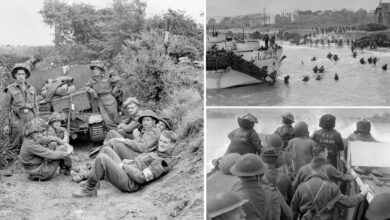History
Remembering the Battle of the Atlantic 79 Years Later
Sailors from Halifax to Esquimalt commemorated the 79th anniversary of the Battle of the Atlantic on May 5. This historic campaign, the longest of the Second World War, is commemorated every year on the first Sunday in May.
The Battle of the Atlantic was fought from Sept. 1939 to 1945 by Canadian sailors, merchant sailors, and aviators.
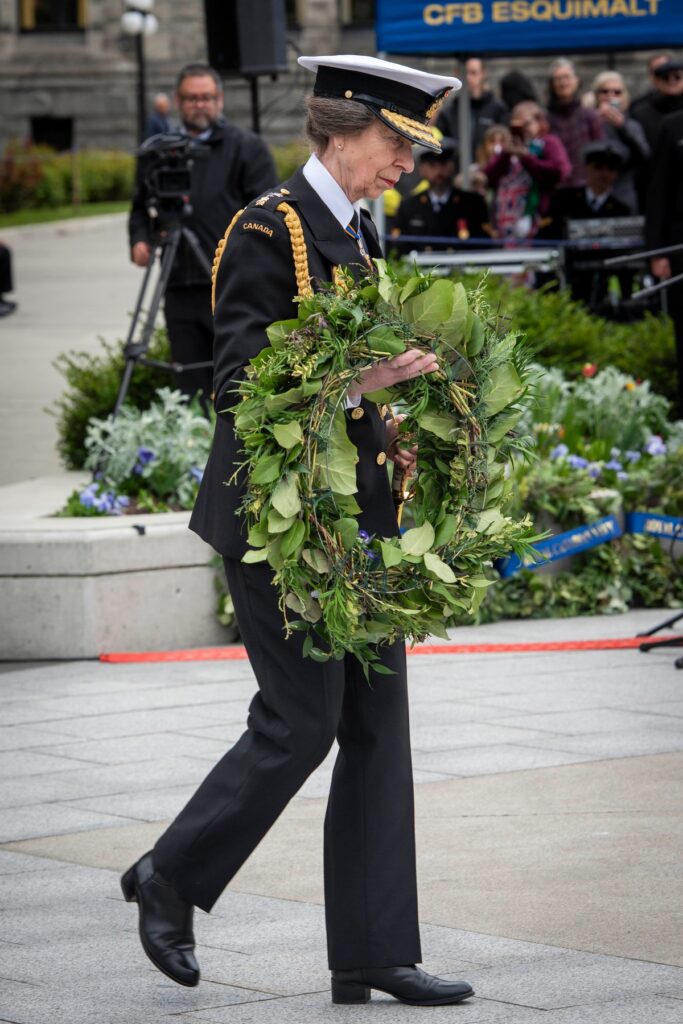
Longest Battle of the Second World War
“The Battle of the Atlantic was the largest and longest battle of the Second World War – and arguably the most important as it was the critical enabler to victory in Europe. It is also the battle in which the war came to Canada with many ships sunk within sight of our shores, right up to the war’s very end. Seventy-nine years later, the Battle of the Atlantic reminds us of the necessity of naval forces that are ready to defend all three of our oceans while helping to keep the global maritime commons safe for all to use sustainably.
“In addition to the sacrifices made by sailors and merchant sailors during the battle, we celebrate the centennial of the Royal Canadian Air Force and emphasize the vital role performed by the RCAF and Fleet Air Arm in the Atlantic theatre and their major contribution to our shared victory,” said VAdm. Angus Topshee, Commander of the Royal Canadian Navy.
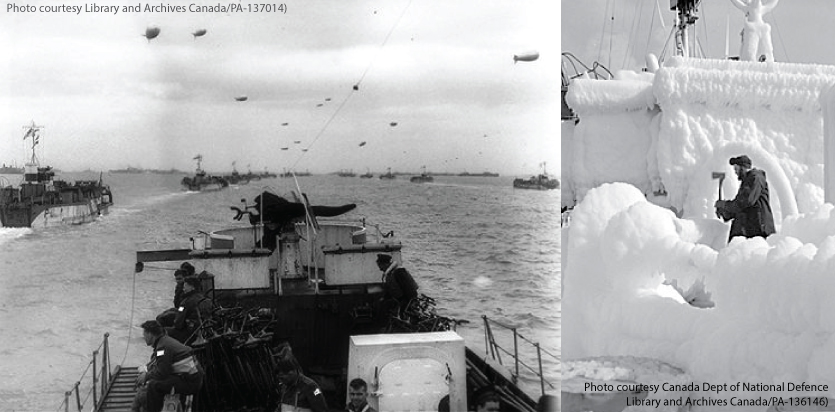
Fighting for the Atlantic Ocean
The Battle of the Atlantic began on Sept. 3, 1939, when the Germans sank the SS Athenia. Over the next six years, Allied forces fought for control of the North Atlantic Ocean to supply the war effort.
Canadians gallantly participated in this battle largely through the efforts of reservists in small ships operating from Canadian bases.
The gallant effort came at a price, however. More than 2,700 personnel from the Royal Canadian Air Force and Royal Canadian Navy and 1,600 Canadian merchant sailors lost their lives throughout the Battle of Atlantic, according to the Department of National Defence.
Additionally, 24 Canadian warships and 62 Canadian vessels were lost at sea.
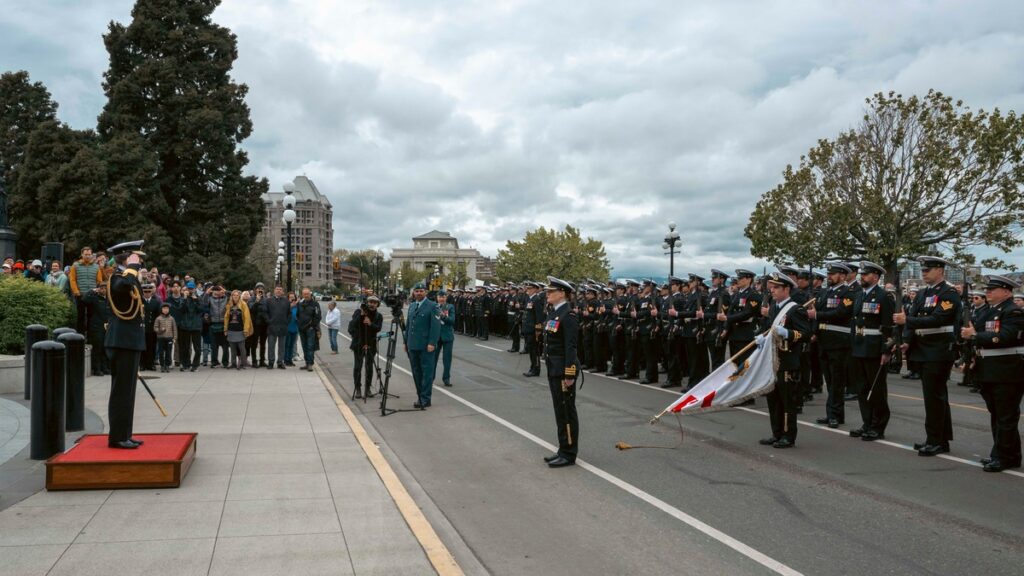
Defining a role for Canada
Experts agree that the Battle of the Atlantic defined Canada’s naval role for the future. This is, in part, because of the incredible feats Canadian sailors achieved. The sailors and aviators sank or shared in the destruction of nearly 50 U-boats and escorted approximately 25,000 merchant ships. These ships delivered more than 165 million tonnes of cargo to Europe, providing forces with life-saving items and equipment to sustain the war.
According to DND, after 1945, the RCN became “one of the best anti-submarine warfare navies in the world due, in part, to maritime aviation capabilities.”
On the West Coast Her Royal Highness Princess Anne was on hand to mark the occasion while visiting British Columbia.


